After a historical win, what are the challenges for this political newbie?
Emmanuel Macron is man on mission; surely people are disillusioned with the mainstream political parties. The change is sweeping the world and popular elections are throwing huge surprises. Post victory announcement, he has promised his cheering supporters he would fight to heal France’s divisions. As far as newspaper headlines go, describing Macron’s success, Metro’s “Le Big Mac” is possibly the most eye-catching. This is a big win – a huge win – for the 39-year-old former banker and virtual political newbie who will now become France’s youngest leader since Napoleon Bonaparte.
“What does Emmanuel Macron mean for France?”
Responses were euphoric but not particularly precise. “Hope” was a word I heard a lot; “something new”. But when I asked about his political programme, eyes went blank. And this is where the Big Mac comes in. Except that France has bought the burger without really knowing what’s in it.
This world economic and political power and key EU player is about to be presided over by a politician whose
person, party and policies are pretty much unexplored. That’s quite a gamble. One Macron issue that people are very clear on, though, is that he is not Marine Le Pen. That may seem screamingly obvious but it is largely the key to his electoral success. French voters desperately wanted change to stubbornly high youth unemployment rates, social inequality, a stagnant economy and the persistent terror risk.
They were keen on kicking out the old guard the traditional center-left and center-right parties that have governed France for decades – but they clearly favored “safe” change over a new French revolution, offered to them by the far left and the far right. More than 20 million voted for Macron, but millions of others did not vote or spoilt their ballots The fear and disgust in mainstream France at the very idea of Marine Le Pen as their national figure-head was palpable. Many Macron votes were simply by virtue of him not being her. And yet she still garnered one in three presidential votes on Sunday. Millions more stayed away or spoiled their ballots.
Macron is known as the French establishment’s anti establishment figure. This suggests it will now be quite a challenge to win over large sections of the French public. yes, he’s promised a new, dynamic France: socially just yet business-friendly, neither left- nor right-wing. But can he really dance at so many weddings all at the same time?
Marine Le Pen’s failure to win the presidency does not magically erase the social, economic and political reasons so many voters flocked to her in the first place. These sociopolitical divisions will become screamingly obvious in France now as it heads towards parliamentary elections. The EU too should exercise caution before popping another champagne bottle. If one Macron policy is well publicized, it’s his passionately Europhile credentials.
The president-elect is calling for EU reform but has conveyed a consistently pro European message, EU flags waved alongside the French tri color through- out his presidential campaign. He chose to make his first stage appearance after the election heralded by the tones of the EU anthem, Beethoven’s Ode to Joy. Brussels is cock-a-hoop that Eurosceptic nationalists have now been defeated at the polls in Austria, the Netherlands and France, with negligible chances of success for them in Germany this autumn.
But, and it’s a big but, the fact that populist politicians from the far right (and in some countries like France also the far left) have performed strongly in elections shows there is no blank cheque for the status quo. Voters expect change at home and in the EU. Emmanuel Macron promises to be a mixed blessing for Brussels. His reform proposals for deeper Eurozone integration will horrify German taxpayers for starters. Irresistible charm of France’s new leader is good or bad for Brexit? His commitment to EU unity will also worry the UK ahead of the start of formal Brexit negotiations. He’s promised to be tough. But is Emmanuel Macron flexing muscles he doesn’t yet have on the domestic and EU front?
Macron’s party was established just over a year ago and many of its candidates had little or no political experience. With all the ballots counted, Macron’s LREM and MoDem won 32.3% of the vote. The center right Republicans had 21.5%, while the far-right National Front (FN) had 13.2%, followed by the far-left La France Insoumise (France Unbowed) on just over 11%. The Socialists, previously France’s ruling party and their allies won just 9.5%. But turnout was sharply down, at 48.7% compared with 57.2% in the first round in 2012, which analysts said reflected a sense of resignation among Macron’s opponents.
There can be no disputing the extraordinary achievement of Emmanuel Macron. yes, he has certainly had luck but he has also foreseen with uncanny clarity how with the right moves at the right places at the right times the map of French politics was waiting to be redrawn. If the projections from the first round are sustained, then the change that is about to happen to the National Assembly is as big as the one that occurred in 1958 when Charles de Gaulle brought in the Fifth Republic.

Scores, hundreds, of new MPs will be arriving who have never set foot in a debating chamber of any kind, let alone the country’s legislature. It is all liable to bring a rush of blood to the head, and the greatest danger right now for Macron and En Marche is hubris. The victory is no doubt spectacular but so far it has all been electoral, phase two of the Macron master plan – actual reform – is the next challenge. And bigger.
What are the challenges for Macron?
He needs a majority to push through the changes that he promised in his campaign, which include: Budget savings of €60bn (£51bn; $65bn) in the next five years, Cutting the number of public servants by 120,000 & Reforming the lab-our market and generous state pension schemes, bringing them into line with private schemes But the pessimism in the country is reflective in the turnout was low, despite claims that President Macron had re energized the voting public. He has already left an impression around the world, in particular for standing up to US President Donald Trump on issues like climate change. After the projections were announced, a government spokesman said voters had shown they wanted to move fast on major reforms. President Macron must have to unite the nation and bring optimism in the people of France that under his leadership, the country is in safe hand.
François Baroin, head of the Republicans, said the low turnout testified to the “deep divisions in French society” and was “extremely worrying”. FN leader Marine Le Pen blamed her party’s poor performance on the low turnout, saying France’s electoral system, which favors larger parties, needed to be reformed. FN leader Marine Le Pen said the electoral system led to low turnout
“This catastrophic abstention rate should raise the question of the voting rules which keep millions of our compatriots away from the polling stations,” she said. Socialist leader Jean Christophe Cambadélis, who lost his seat in the first round, warned voters against giving LREM an absolute majority next Sunday. He said it would result in “virtu- ally no real opposition and we will have a National Assembly without any real counterbalance, without a democratic debate and not worthy of that name”. Elsewhere, German Chancellor Angela Merkel who, like Mr Macron, has a pro-EU stance congratulated him on the “great success” of his party. It was a “vote for reforms”, tweeted (in German) her spokesman, Steffen Seibert.
Who was eliminated?
The first round saw some political heavyweights knocked out. Most of the big-name casualties were Socialists. Besides party leader Cambadélis, eliminated in Paris, their ill-fated presidential candidate Benoît Hamon lost in yvelines, just west of Paris. Other prominent Socialists knocked out included: Matthias Fekl (ex-interior minister), Aurélie Filippetti (ex-culture minister) and Elisabeth Guigou (previously European affairs minister, justice minister, social affairs minister).
Prominent first-round casualties were Jean-Christophe Cambadélis, Benoît Hamon and Henri Guaino, The ex-leader of the Greens, Cécile Du flot, a former housing minister, was eliminated in Paris. Two prominent FN politicians party campaign manager Nicolas Bay and Jean-Lin Lacapelle were knocked out. And the big losers among the centre-right candidates were Senegalese-born Rama yade and Henri Guaino, a former top aide to ex-President Nicolas Sarkozy.
Mr Guaino had fallen out with former Republican colleagues before the vote, and castigated voters in his central Paris constituency. “The electorate… just makes me want to throw up,” he said. He labelled them “egotistical bobos (bohemians)” and conservative Catholic “bourgeoisie” like those who supported the Vichy French Pétain regime in World War Two.
Macron has shown tremendous maturity in dealing with the delicate issues like country’s NATO participation despite USA bulling its European allies. The Russian President Putin visit to France was gracefully conducted by Mr Macron. French President personal equation with German Chancellor is likely to consolidate European Union. However handling Mr Donald Trump will be a challenge for Mr Macron. The new world order has China and India as the two major players. President Emmanuel Macron must balance west and east world to take his country forward.
– BY Opinion Express News Desk








 OpinionExpress.In
OpinionExpress.In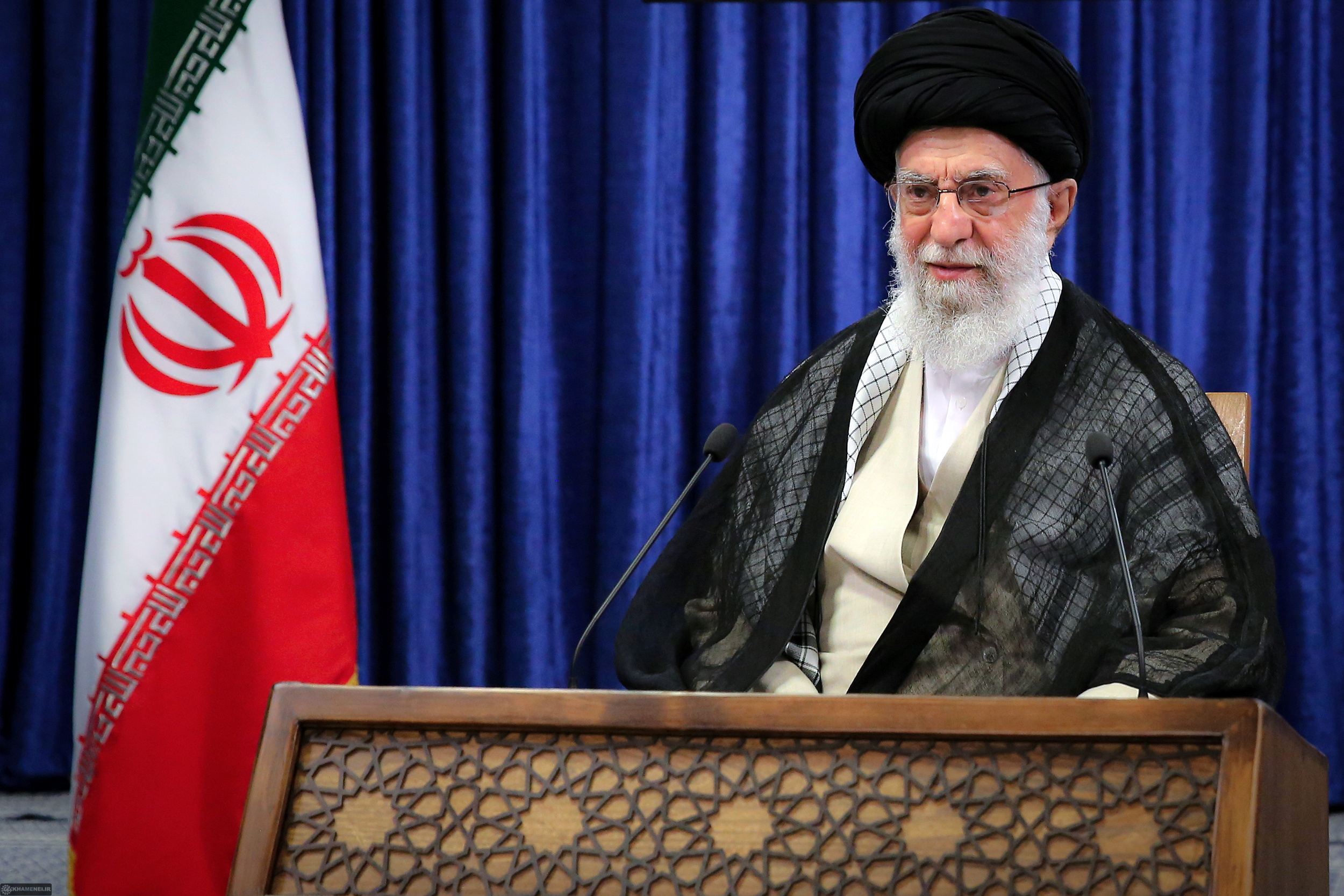

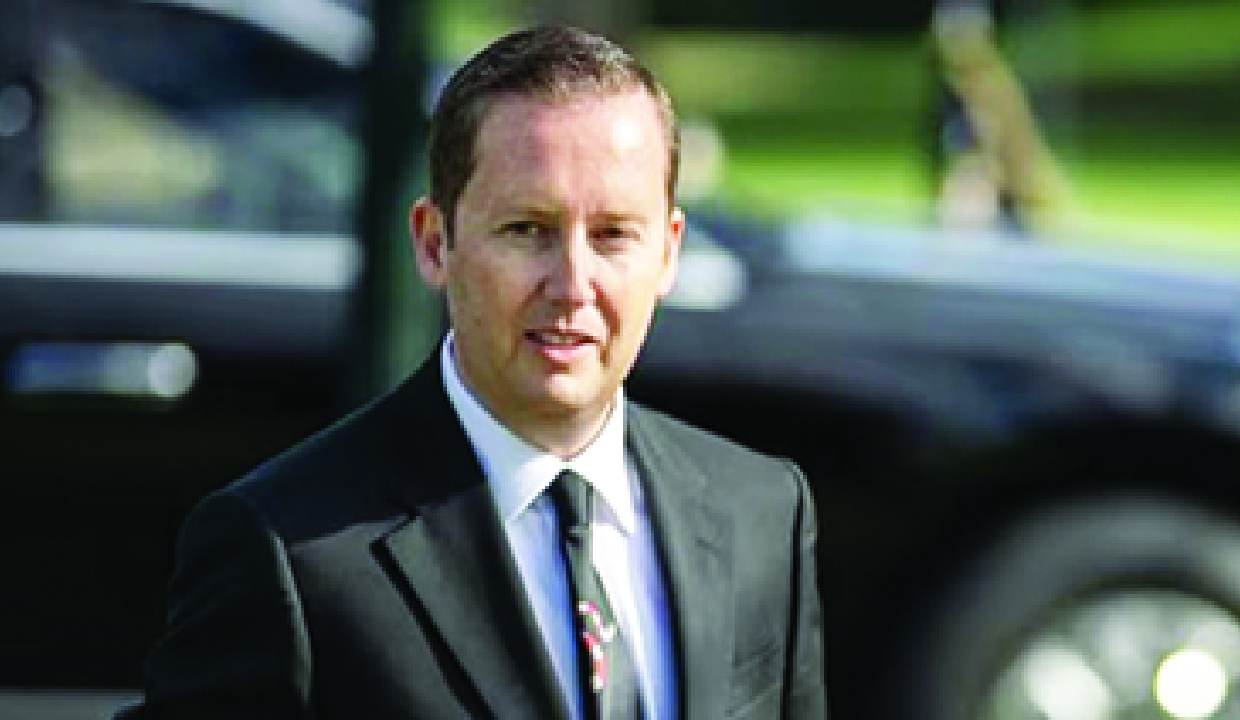
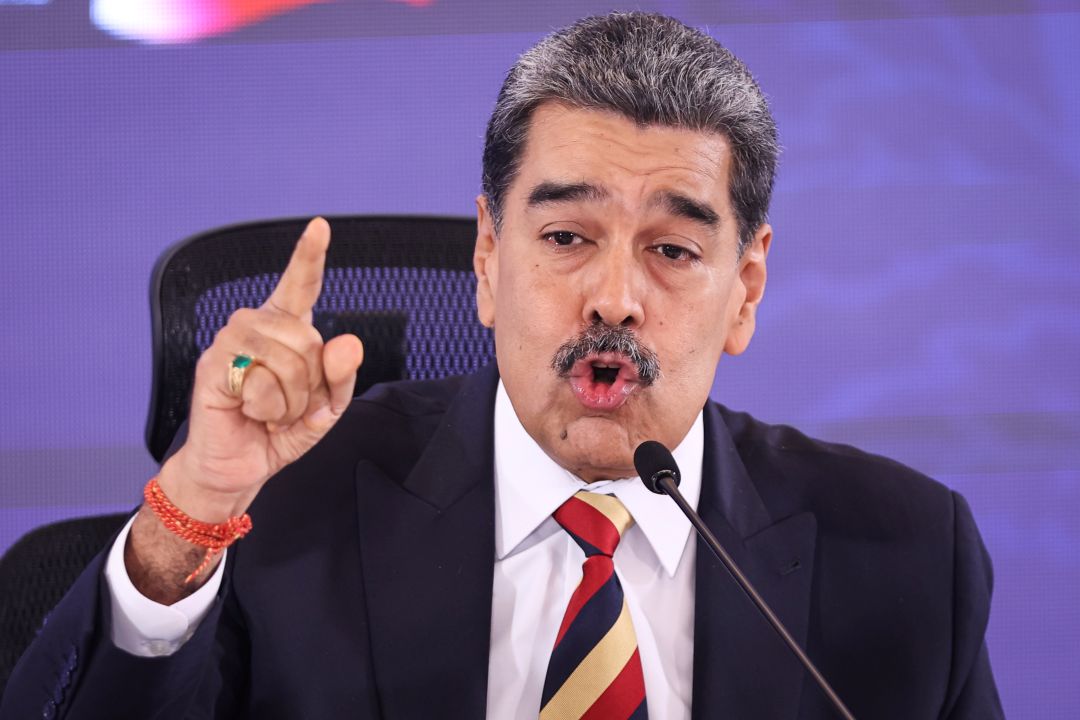

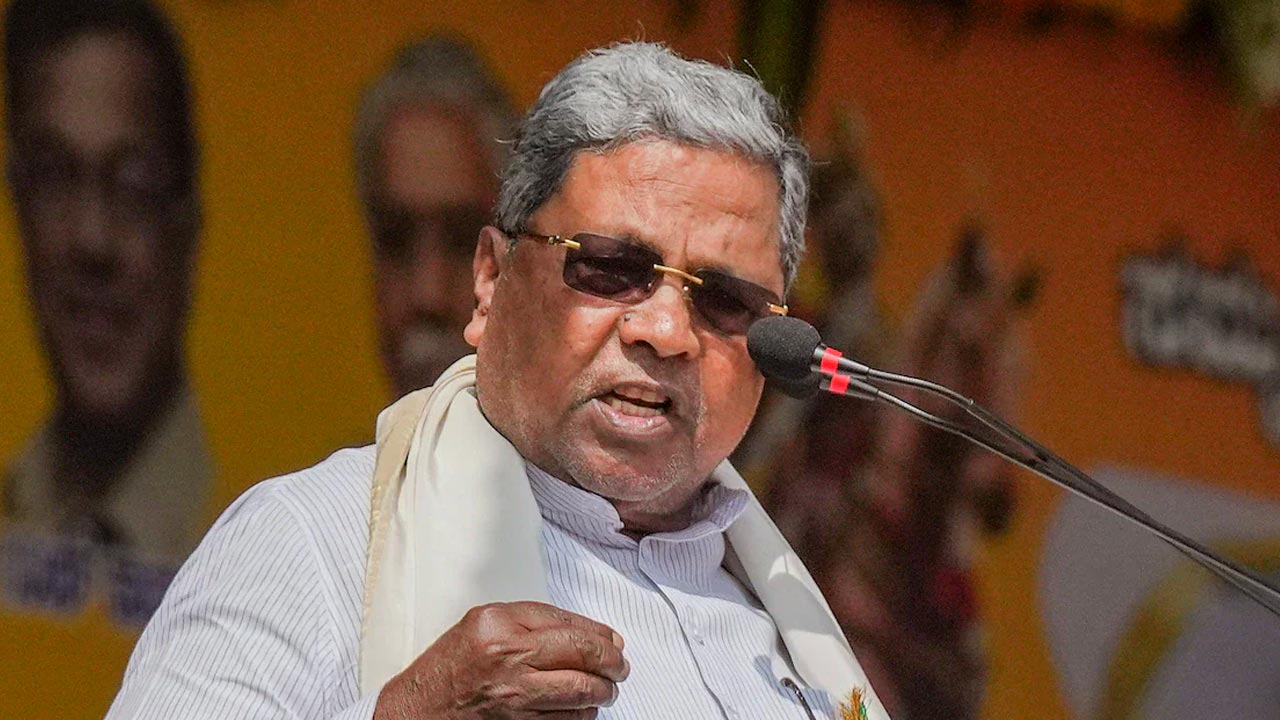
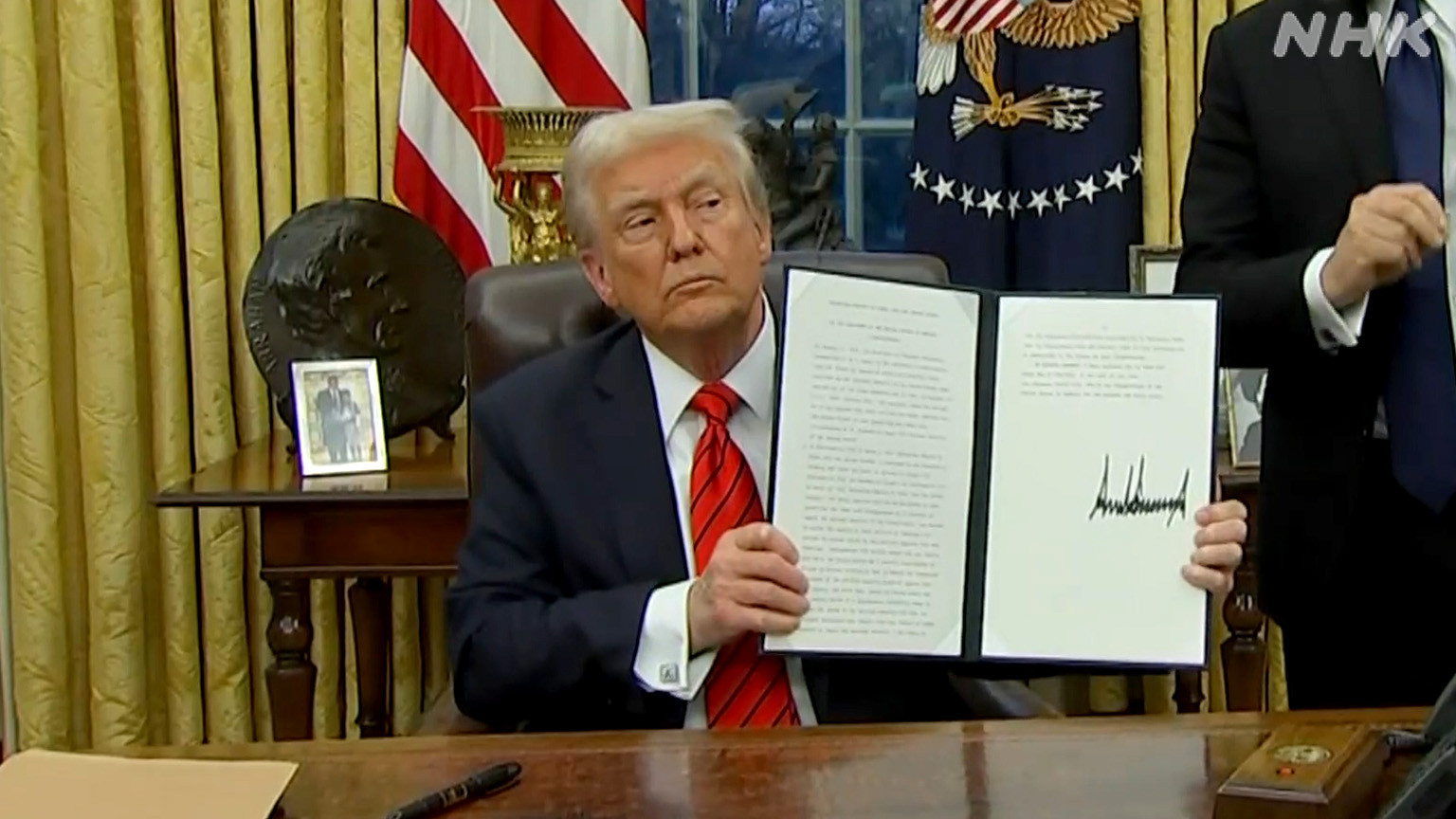
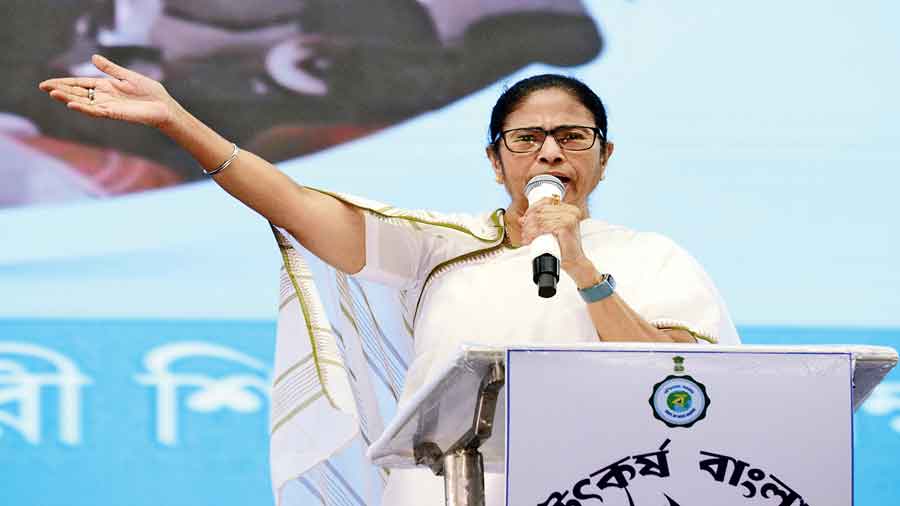
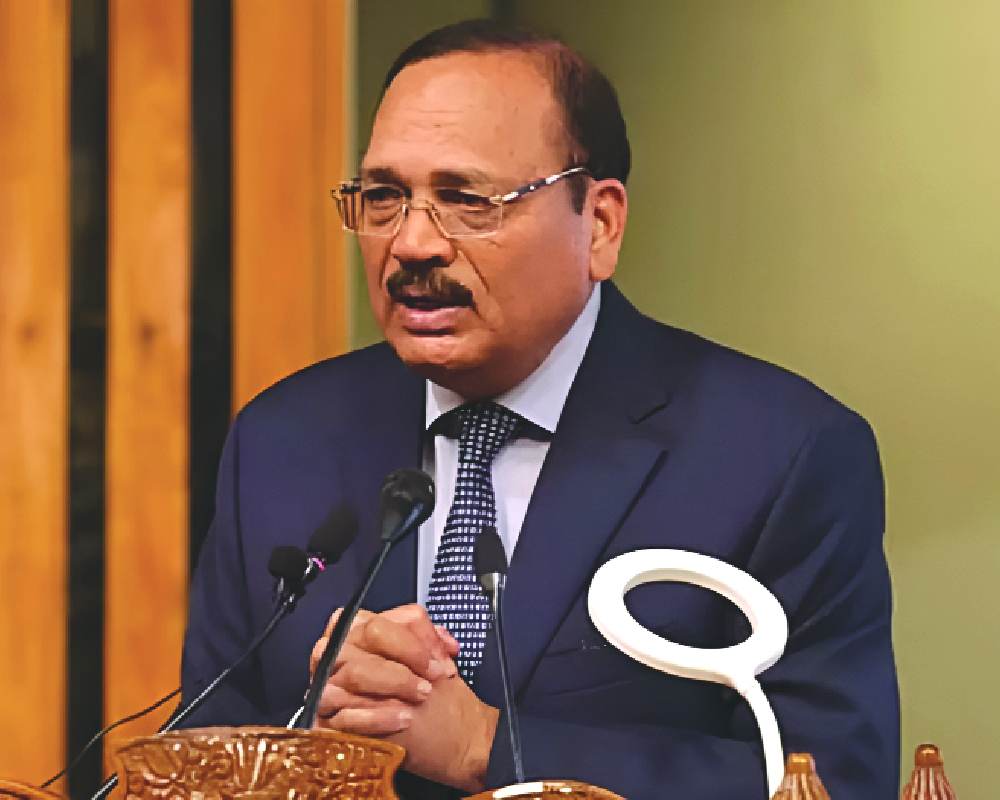
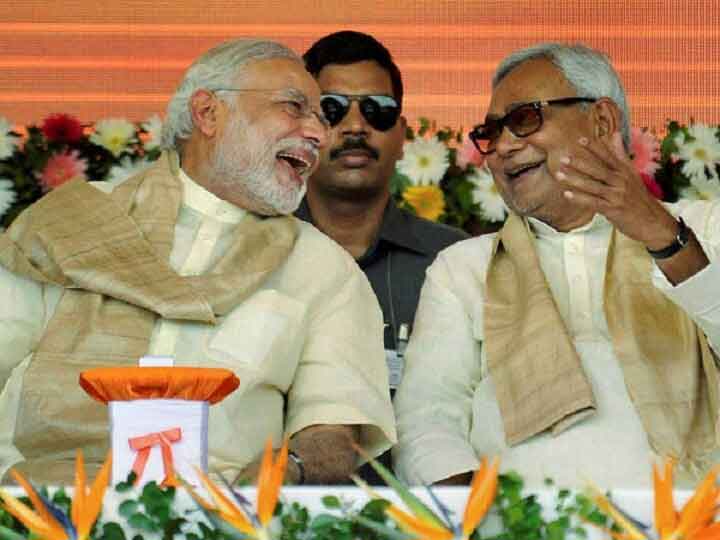






Comments (0)